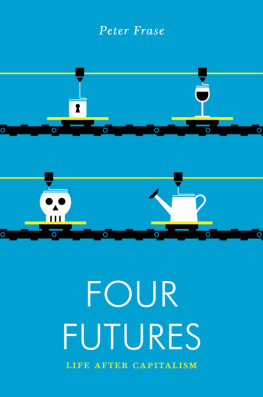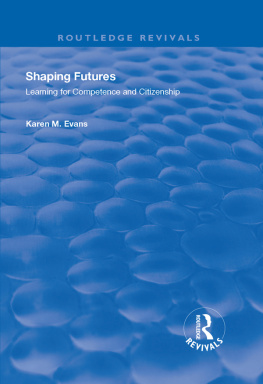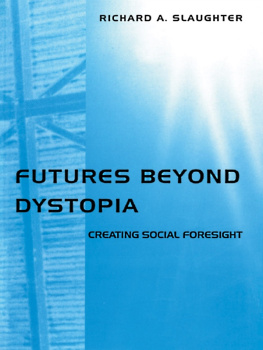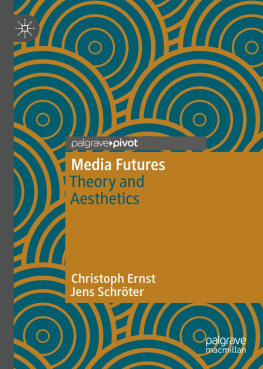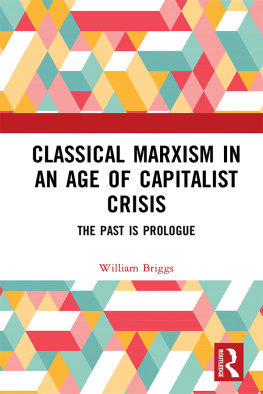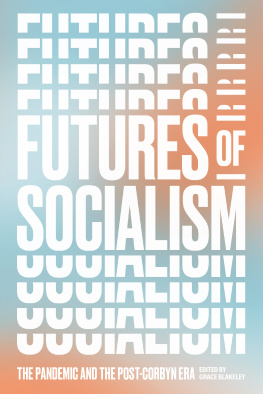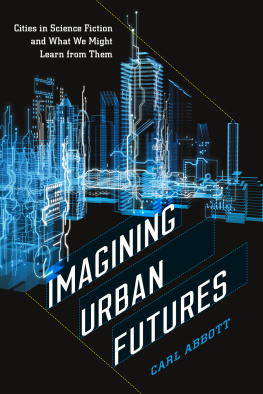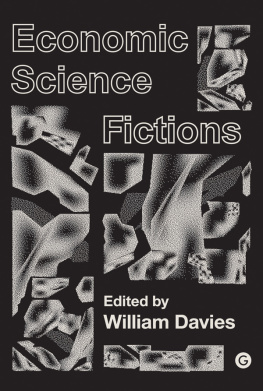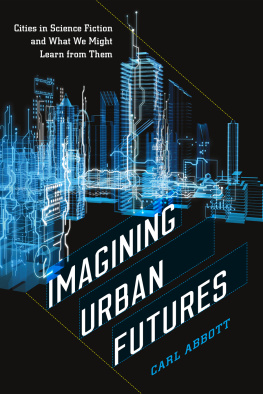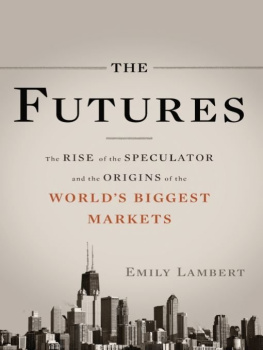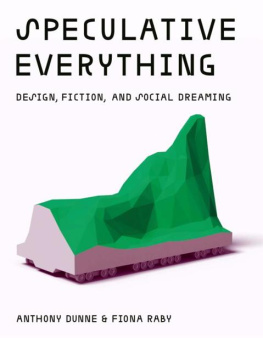The Jacobin series features short interrogations of politics, economics, and culture from a socialist perspective, as an avenue to radical political practice. The books offer critical analysis and engagement with the history and ideas of the Left in an accessible format.
Four Futures
Visions of the World After Capitalism
PETER FRASE

This edition first published by Verso 2016
Peter Frase 2016
All rights reserved
The moral rights of the author have been asserted
1 3 5 7 9 10 8 6 4 2
Verso
UK: 6 Meard Street, London W1F 0EG
US: 20 Jay Street, Suite 1010, Brooklyn, NY 11201
versobooks.com
Verso is the imprint of New Left Books
ISBN-13: 978-1-78168-813-7
ISBN-13: 978-1-78168-815-1 (US EBK)
ISBN-13: 978-1-78168-814-4 (UK EBK)
British Library Cataloguing in Publication Data
A catalogue record for this book is available from the British Library
Library of Congress Cataloging-in-Publication Data
Names: Frase, Peter, author.
Title: Four futures : visions of the world after capitalism / by Peter Frase.
Description: Brooklyn, NY : Verso, 2016. | Includes bibliographical references and index.
Identifiers: LCCN 2016023756 (print) | LCCN 2016036476 (ebook) | ISBN 9781781688137 (pbk. : alk. paper) | ISBN 9781781688151
Subjects: LCSH: Economics. | Economic forecasting. | Economic history. | Capitalism.
Classification: LCC HB72 .F6775 2016 (print) | LCC HB72 (ebook) | DDC 330--dc23
LC record available at https://lccn.loc.gov/2016023756
Typeset in Fournier by Hewer Text UK Ltd, Edinburgh, Scotland
Printed in the US by Maple Press
CONTENTS
INTRODUCTION:
TECHNOLOGY AND ECOLOGY
AS APOCALYPSE AND UTOPIA
Two specters are haunting Earth in the twenty-first century: the specters of ecological catastrophe and automation.
In 2013, a US government observatory recorded that global concentration of atmospheric carbon dioxide had reached 400 parts per million for the first time in recorded history.
At the same time, news of technological breakthroughs in the context of high unemployment and stagnant wages has produced anxious warnings about the effects of automation on the future of work. In early 2014, Massachusetts Institute of Technology professors Erik Brynjolfsson and Andrew McAfee published The Second Machine Age: Work, Progress, and Prosperity in a Time of Brilliant Technologies.
These twin anxieties are in many ways diametrical opposites. The fear of climate change is a fear of having too little: it anticipates a scarcity of natural resources, the loss of agricultural land and habitable environmentsand ultimately the demise of an Earth that can support human life. The fear of automation is, perversely, a fear of too much: a fully robotized economy that produces so much, with so little human labor, that there is no longer any need for workers. Can we really be facing a crisis of scarcity and a crisis of abundance at the same time?
The argument of this book is that we are in fact facing such a contradictory dual crisis. And it is the interaction of these two dynamics that makes our historical moment so volatile and uncertain, full of both promise and danger. In the chapters that follow, I will attempt to sketch some of the possible interactions between these two dynamics.
First, however, I need to lay out the contours of current debates over automation and climate change.
Rise of the Robots
Welcome Robot Overlords, reads a feature headline published in 2013 by Mother Jones magazine, Please Dont Fire Us? The article, by liberal pundit Kevin Drum, exemplifies a raft of coverage in recent years, surveying the rapid spread of automation and computerization throughout every part of the economy. These stories tend to veer between wonder and dread at the possibilities of all this new gadgetry. In stories like Drums, rapid progress in automation heralds the possibility of a world with a better quality of life and more leisure time for all; but alternatively, it heralds mass unemployment and the continued enrichment of the 1 percent.
This is not a new tension by any means. The folk tale of John Henry and the steam hammer, which originated in the nineteenth century, describes a railroad worker who tries to race against a steel powered drill and winsonly to drop dead from the effort. But several factors have come together to accentuate worries about technology and its effect on labor. The persistently weak post-recession labor market has produced a generalized background anxiety about job loss. Automation and computerization are beginning to reach into professional and creative industries that long seemed immune, threatening the jobs of the very journalists who cover these issues. And the pace of change at least seems, to many, to be faster than ever.
The second machine age is a concept promoted by Brynjolfsson and McAfee. In their book of the same name, they argue that just as the first machine agethe Industrial Revolutionreplaced human muscle with machine power, computerization is allowing us to greatly magnify, or even replace, the ability to use our brains to understand and shape our environments. In that book and its predecessor, Race Against the Machine, Brynjolfsson and McAfee argue that computers and robots are rapidly permeating every part of the economy, displacing labor from high- and low-skill functions alike. Central to their view is the processing of much of the world into digital information, with everything from books and music to street networks now available in a form that can be copied and transmitted around the world instantly and nearly for free.
The applications that this kind of data enables are enormously varied, especially in combination with advances in physical-world robotics and sensing. In a widely cited study using a detailed analysis of different occupations produced by the US Department of Labor, Oxford University researchers Carl Benedikt Frey and Michael A. Osborne speculated that 47 percent of current US employment is susceptible to computerization thanks to current technological developments. Stuart Elliott at the Organisation for Economic Co-operation and Development uses the same source data but a different approach over a longer time frame and suggested that the figure could be as high as 80 percent. These figures are the result of both subjective classifying decisions and complex quantitative methodology, so it would be a mistake to put too much faith in any exact number. Nevertheless, it should be clear that the possibility of rapid further automation in the near future is very real.
Brynjolfsson and McAfee are perhaps the best-known prophets of rapid automation, but their work fits into an exploding genre. Software entrepreneur Martin Ford, for example, explores similar terrain in his 2015 work

